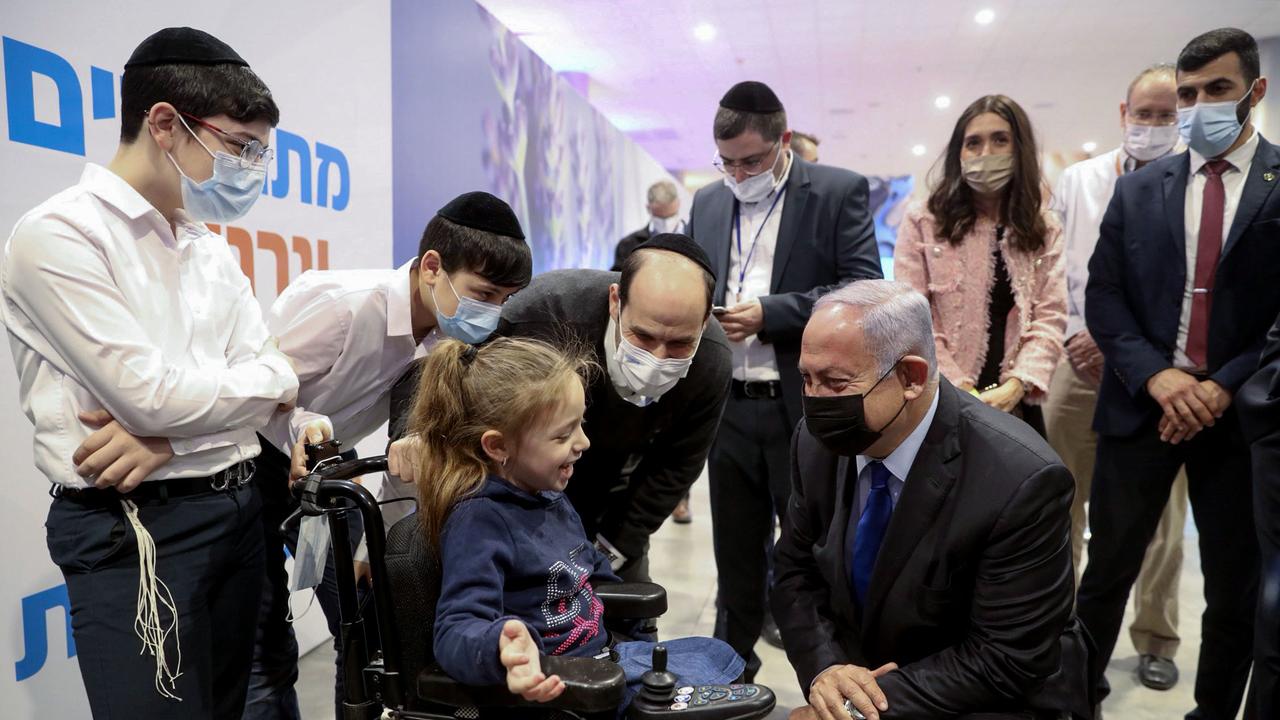As Israel leads the world in vaccinating against COVID-19, the neighbouring West Bank and Gaza are grappling with the prospect of waiting months to inoculate their people, raising political and public-health questions about Israel’s responsibilities to the Palestinians.
The contrast could hardly be more stark.
Israel’s Prime Minister Benjamin Netanyahu said on Thursday the country is receiving more of the vaccine developed by Pfizer and BioNTech beginning on Sunday and will be able to vaccinate its population by the end of March, or possibly before. The vaccine’s makers say it takes two doses to be fully effective.
Israel — a wealthy country that boasts of a technologically advanced healthcare system — has administered the first shot to more than 18 per cent of its roughly nine-million population since paying a premium for early shipments and beginning its program on December 20.
While other countries, including the US, have administered more doses, none has vaccinated a larger percentage of its population.
The West Bank and Gaza depend on aid to survive and have poor health and logistics infrastructure. They are expecting the World Health Organisation’s Covax program to provide vaccines for 60 per cent of their combined five-million population, but only a portion of those will be free and it is unclear when the first batch will arrive. They have asked others, including Qatar and the EU, for assistance, and are also speaking to some vaccine developers directly.
Read the article by Felicia Schwartz and Dov Lieber in The Australian.

